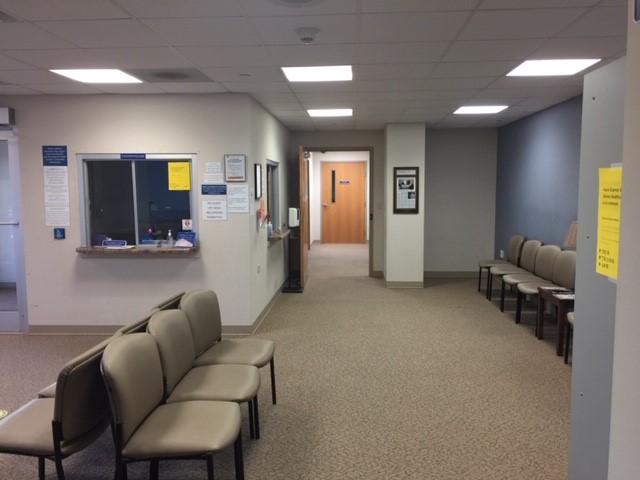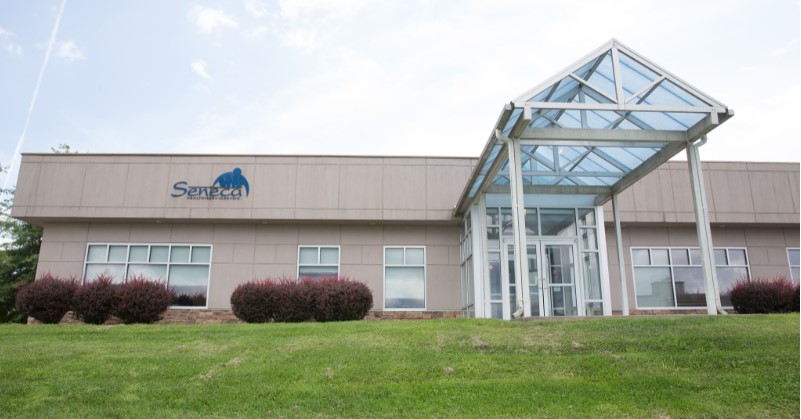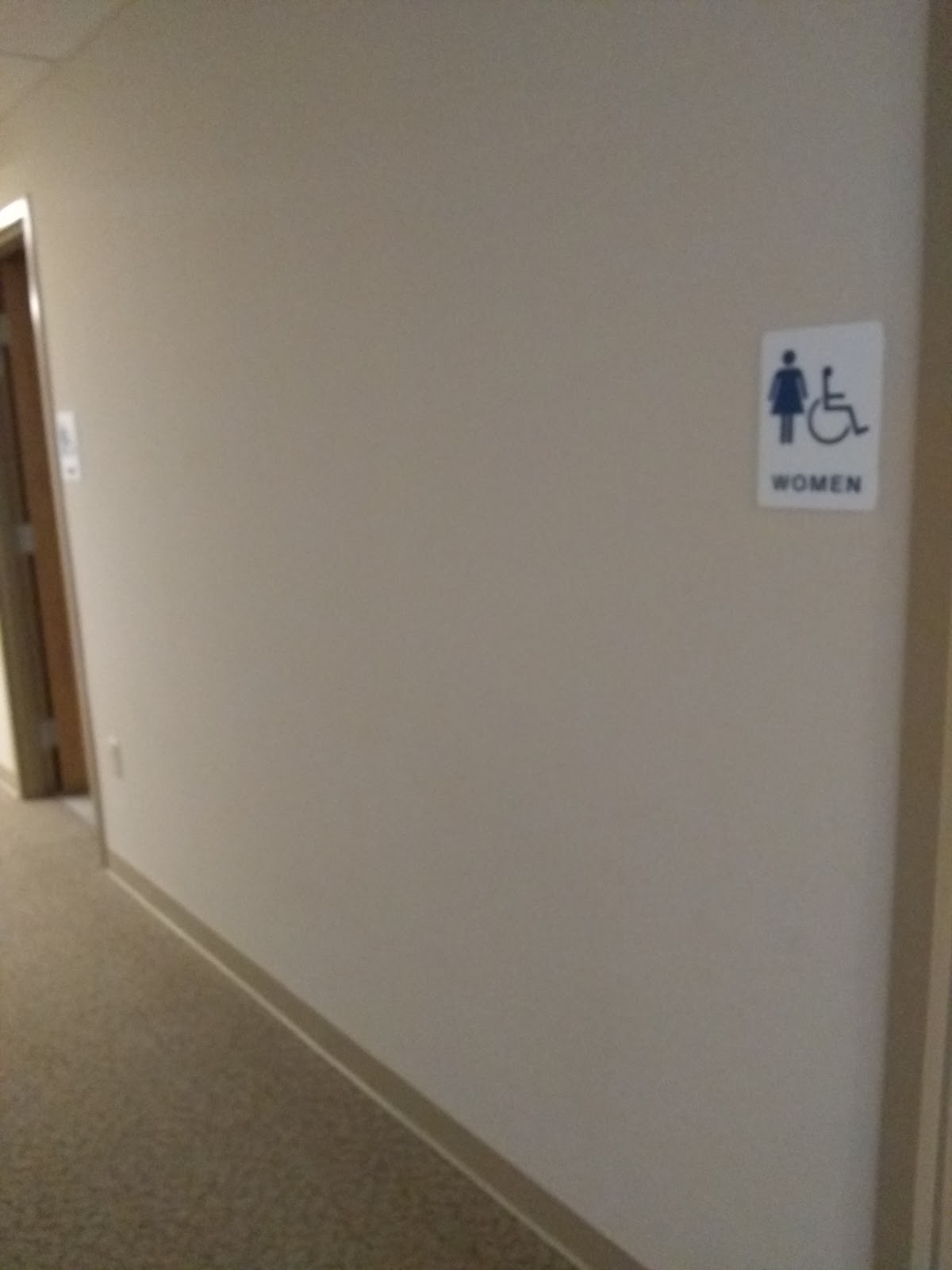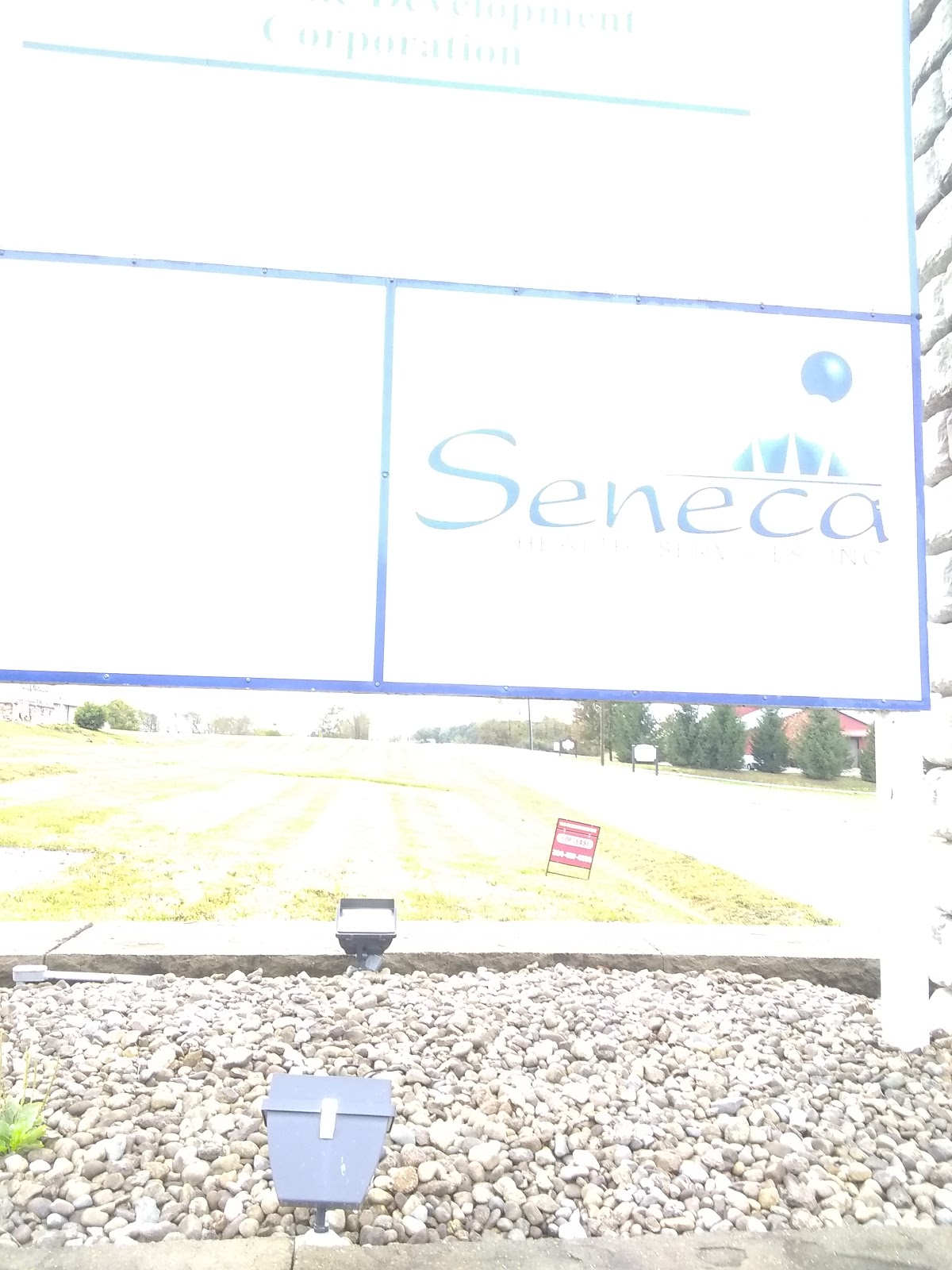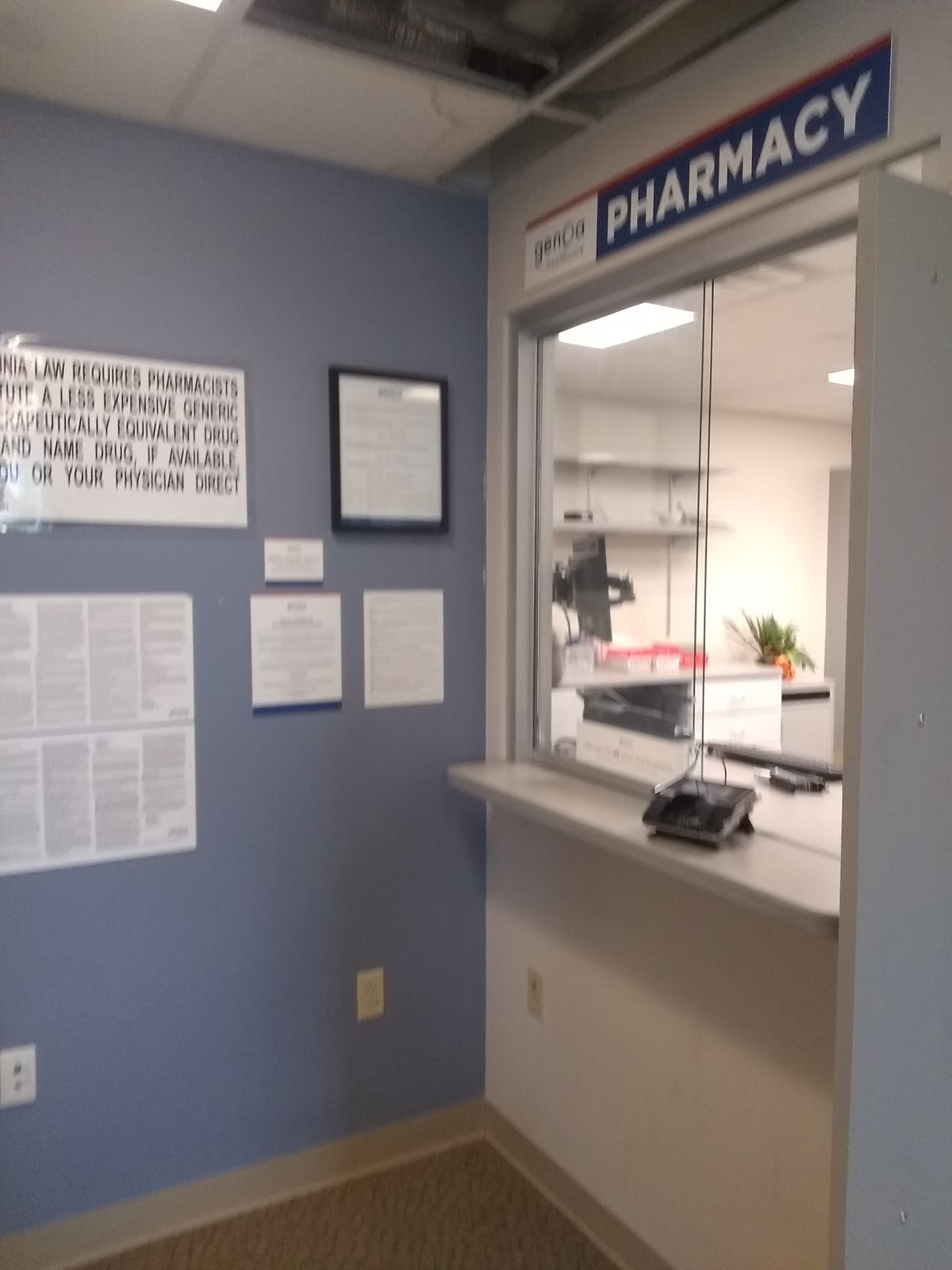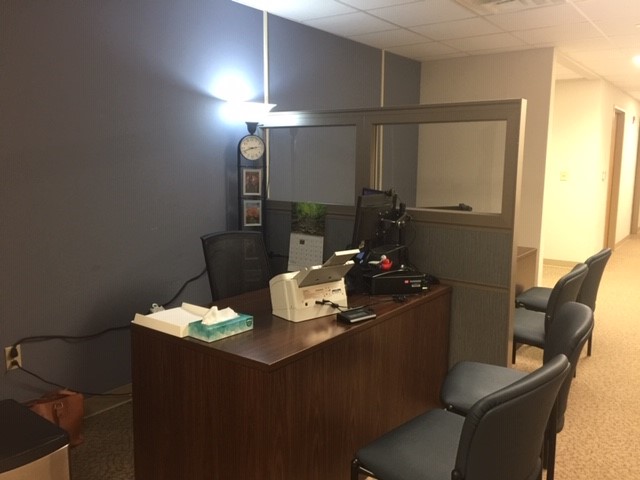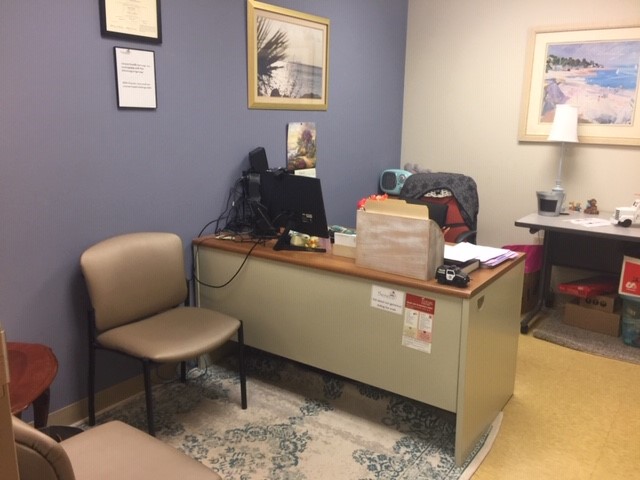Seneca Health Services
Overview
Seneca Health Services is a substance abuse treatment center for people seeking treatment near Greenbrier County. As part of their treatment modalities for recovery, Seneca Health Services provides individual psychotherapy, couples/family therapy, and cognitive behavioral therapy during treatment. Seneca Health Services is located in Maxwelton, West Virginia, accepting cash or self-payment for treatment.
Seneca Health Services at a Glance
Payment Options
- Cash or self-payment
- Medicaid
- Medicare
- State-financed health insurance plan other than Medicaid
- Private health insurance
Assessments
- Screening for tobacco use
- Comprehensive mental health assessment
- Comprehensive substance use assessment
- Interim services for clients
- Outreach to persons in the community
Age Groups
- Children/adolescents
- Young adults
- Adults
- Seniors
Ancillary Services
- Assertive community treatment
- Case management service
- Family psychoeducation
- Psychosocial rehabilitation services
- Suicide prevention services
Accreditations
State department of health:

State Licenses, issued by government agencies, authorize rehabilitation organizations to legally operate within designated geographical areas. The specific licenses required for operation are typically determined by both the nature of the rehabilitation program provided by the facility and its physical location.
Treatment At Seneca Health Services

Conditions Treated
Alcoholism:
Alcohol addiction is a disease that changes the way the brain works. It causes negative emotions, impulsive behavior, cravings and withdrawal symptoms. Treatment for alcohol addiction includes supervised detox, counseling and therapy, and support group participation. Rehabilitation does not cure alcoholism. Instead, it helps the individual manage their addiction, restore their functioning, and well-being.
Mental health treatment:
Mental health services are essential during treatment for drug and alcohol addiction, whether you receive treatment in an inpatient or outpatient setting. While receiving inpatient care, you can expect to have round-the-clock access to mental health therapists and medical staff. Additionally, you will likely receive a number of different therapies and mental health options like individual and group counseling, addiction and relapse prevention education, and coping skills training.
Substance use treatment:
Substance use rehabilitation embodies a holistic treatment approach crafted to assist individuals contending with drug or alcohol addiction. This all-encompassing rehabilitation strategy encompasses two crucial components: initially addressing the physical dependency, frequently commencing with detoxification, and subsequently confronting the psychological triggers through a diverse array of therapeutic methods. The overarching objective is to empower individuals to achieve and maintain sobriety while equipping them with essential skills and coping mechanisms for a successful reintegration into society and a life free from substance abuse.
Co-occurring Disorders:
Dual-diagnosis rehabilitation centers usually offer the most suitable approach for addressing concurrent mental health and substance abuse conditions. Within these facilities, a team of medical and behavioral professionals is typically assembled, employing diverse interventions and cultivating an optimal therapeutic environment to enable you to attain and maintain lasting recovery. The treatment regimen often encompasses evidence-based therapies, such as cognitive behavioral therapy, complemented by recovery support gatherings, 12-step program facilitation, skills development, and group therapy.

Levels Of Care
Outpatient:
Outpatient treatment in a rehab center offers structured therapeutic services for individuals seeking recovery without full-time residential admission. Unlike intensive outpatient programs, which demand more frequent and longer sessions, standard outpatient care provides a more flexible approach, allowing participants to maintain daily activities and responsibilities while undergoing treatment.
Outpatient detoxification:
Ambulatory Detoxification, also known as outpatient detox, is a treatment approach for individuals seeking to overcome substance dependencies, such as drugs or alcohol. Under this model, patients receive medically supervised detoxification services from experienced healthcare professionals, frequently in environments such as clinics, healthcare facilities, or even the comfort of their own homes. This approach is often characterized by greater flexibility and cost-efficiency when contrasted with inpatient detoxification programs.
Outpatient methadone/buprenorphine or naltrexone treatment:
Buprenorphine, sold under brand names such as Subutex, is a drug used to address opioid addiction. It can lessen or significantly diminish withdrawal effects, making the cessation of opioid use more manageable. Frequently paired with naloxone, the dosage is tailored to each person's specific needs. Some individuals prefer prolonged buprenorphine use, while others gradually decrease their dosage with the aim of ceasing its consumption.
Intensive outpatient treatment:
Intensive Outpatient (IOP) is a specialized level of care aimed at assisting those on their recovery journey from addictions or mental health disorders. Unlike the inpatient or residential treatments where attendees reside within the facility, IOP offers a robust therapeutic experience while enabling participants to stay home and continue their daily routines. Generally, individuals in IOP engage in several sessions weekly, clocking in at around 9-20 hours or even more. These sessions encompass individual counseling, group sessions, familial guidance, and instructional classes that equip attendees with the tools and methods to manage symptoms and avert relapses.
Regular outpatient treatment:
Regular Outpatient Treatment is a flexible and accessible option for individuals seeking recovery from addiction or substance abuse. This program typically involves attending therapy and counseling sessions on a part-time basis, often ranging from one to three sessions per week. These sessions are designed to provide essential support, guidance, and tools for individuals to overcome addiction, manage cravings, and work towards a healthier, sober lifestyle. Regular Outpatient Treatment offers the advantage of maintaining daily routines and responsibilities while receiving the necessary therapeutic interventions to foster lasting recovery.
Aftercare:
Aftercare treatment refers to the continued support and care that individuals receive following the completion of their primary treatment program for substance abuse or addiction. This phase aims to aid individuals in maintaining their sobriety, improving personal skills and coping strategies, and integrating back into society. Aftercare can include ongoing therapy, support group meetings, education, and monitoring, which are crucial for preventing relapse and promoting long-term recovery. Through a combination of community support, accountability, and personal development, aftercare provides a structured pathway for individuals to continue their recovery journey in a supportive environment.

Treatment Modalities
Individual psychotherapy:
Individual therapy, often referred to as psychotherapy or counseling, is a one-on-one therapeutic interaction between a trained therapist and a client. It provides a confidential space for individuals to explore their feelings, beliefs, and behaviors, working through challenging memories, experiences, or emotions. The therapist facilitates self-awareness, promotes personal growth and insight, and offers coping strategies to manage specific issues like stress, anxiety, depression, and other life challenges. The ultimate goal is to improve the individual's mental well-being and enhance their overall quality of life.
Couples/family therapy:
Whether it's a marriage or another committed relationship, intimate partnerships hold immense significance in one's life. Substance addiction profoundly impacts both partners, just as rehabilitation and recovery do. Couples therapy and other relationship-focused treatments play a crucial role in uncovering addiction triggers and fostering healthy habits to sustain sobriety.
Cognitive behavioral therapy:
Cognitive Behavioral Therapy (CBT) is a widely practiced form of psychotherapy that seeks to address dysfunctional emotions, behaviors, and thoughts through a goal-oriented, systematic process. It encourages individuals to challenge distorted cognitions and change destructive patterns of behavior by promoting self-awareness and effective coping strategies. CBT is often used to treat a range of disorders including anxiety, depression, and stress, making it a versatile and practical therapeutic approach. Through enhancing an individual's capacity to manage life's challenges, CBT contributes to improved mental well-being and overall quality of life.
Dialectical behavior therapy:
Dialectical Behavior Therapy (DBT) is a cognitive-behavioral therapeutic approach primarily to treat individuals with borderline personality disorder. It combines standard cognitive-behavioral techniques with distress tolerance, acceptance, and mindfulness concepts. DBT emphasizes the balance between accepting and changing behaviors, aiming to help patients build life skills, regulate emotions, and improve interpersonal relationships. It has since been adapted for and shown effectiveness in treating a variety of other mental health conditions.
Integrated Mental and Substance Use Disorder treatment:
Integrated Mental and Substance Use Disorder treatment is a comprehensive approach to treating individuals with both mental health and substance use disorders. It aims to address both conditions simultaneously through a coordinated and integrated approach. The goal is to improve overall well-being and reduce the risk of relapse.
Telemedicine/telehealth therapy:
Telehealth Therapy allows individuals to access mental health services remotely via secure video conferencing. This level of care offers qualified therapy from the comfort of one's home, removing geographical barriers and often reducing wait times. Ideal for those with mobility challenges, tight schedules, or those in rural areas, it combines convenience with consistent, high-quality mental health support.
Substance use disorder counseling:
Substance use disorder counseling treatment modalities refer to various approaches and methods used in the counseling and treatment of individuals with substance use problems. This can include individual therapy, group therapy, cognitive behavioral therapy, motivational interviewing, family therapy, and 12-step programs. The goal is to help the individual overcome their substance use, develop healthy coping skills, and lead a fulfilling life in recovery.
Trauma-related counseling:
Trauma therapy addresses the deep-seated emotional and psychological wounds often linked with substance abuse disorders. Recognizing that traumatic experiences can be a root cause or a significant contributing factor to substance addiction, this therapeutic approach seeks to help individuals understand, process, and heal from their traumas. Doing so fosters emotional healing and bolsters the individual's chances of long-term recovery from addiction. Integrating trauma-informed care into addiction treatment ensures a comprehensive approach that addresses substance abuse's symptoms and underlying causes.
Smoking/vaping/tobacco cessation counseling:
Vaping Cessation Counseling is a supportive process aimed at assisting individuals who wish to quit vaping. Through personalized sessions, trained counselors help identify triggers, manage withdrawal symptoms, and develop coping strategies. This service empowers individuals to break free from vaping addiction and work towards achieving a healthier lifestyle.
Treatment for gambling disorder:
Gambling Disorder, also known as compulsive gambling, is a recognized behavioral addiction characterized by an uncontrollable urge to gamble despite detrimental personal and financial consequences. Treatment for this disorder typically involves a combination of therapeutic approaches. These include cognitive-behavioral therapy to address underlying triggers and patterns of thought, group support sessions such as Gamblers Anonymous, and sometimes medications to address co-existing mental health conditions like depression or anxiety.
Group counseling:
Group Therapy is a therapeutic space where individuals battling addiction come together to share experiences, gain insights, and support one another on their journey to recovery. Facilitated by trained professionals, this setting fosters communal healing and empowers participants to overcome the challenges of addiction through collective strength and understanding.
Family counseling:
Family Counseling is a therapeutic approach that seeks to address and improve communication, understanding, and dynamics within a family unit. By addressing conflicts, emotional distress, and behavioral challenges, a trained therapist provides guidance and tools for family members to strengthen bonds, resolve issues, and foster a healthier family environment.
Marital/couples counseling:
Marital/couples counseling treatment modalities refer to various therapeutic approaches used to help couples resolve conflicts, improve communication, and strengthen their relationship. These modalities can include cognitive-behavioral therapy, emotionally focused therapy, solution-focused therapy, and integrative approaches. The goal of these treatments is to help couples identify and address underlying issues and develop healthy relationship dynamics.
12-step facilitation:
12-Step Facilitation is a structured approach to recovery used in many rehab facilities. It's rooted in the principles and practices of Alcoholics Anonymous (AA) and its 12-step program. The facilitation process promotes abstinence and supports individuals in becoming actively involved in 12-step self-help groups. The approach emphasizes personal responsibility, spiritual growth, and the importance of peer support to maintain sobriety and prevent relapse. By guiding individuals through each step, 12-step Facilitation aids participants in understanding the underlying causes of their addiction, seeking amends, and fostering a commitment to lifelong recovery.
Intervention Services:
Intervention Services are professional services aimed at addressing and amending harmful behaviors or situations, primarily in individuals struggling with addiction or other serious issues. These services guide and support both individuals and their loved ones through the intervention process, wherein a structured, solution-oriented conversation is held to encourage the individual to accept help and make positive changes towards recovery. By blending compassionate understanding with a well-formulated approach, intervention services play a crucial role in bridging the gap between acknowledgment of an issue and taking the initial steps towards resolution.
Contingency management/motivational incentives:
Contingency management and motivational incentives are evidence-based treatment modalities used in addiction and behavioral health programs. Contingency management involves the use of rewards to reinforce positive behaviors and change negative behaviors, while motivational incentives provide incentives to engage in treatment and sustain recovery. Both approaches are designed to increase motivation and engagement in treatment and have been shown to be effective in promoting positive outcomes.
Motivational interviewing:
Motivational Interviewing (MI) in addiction treatment is a client-centered counseling approach designed to enhance an individual's intrinsic motivation to change. By addressing ambivalence and tapping into personal values, MI fosters meaningful conversations about substance use and promotes commitment to recovery-focused goals.
Anger management:
"Anger Management" refers to a set of therapeutic techniques and exercises that help individuals recognize the signs of their growing anger and take action to calm down and deal with situations in a constructive manner. It aims to reduce both emotional feelings and the physiological arousal that anger can cause, ensuring that anger does not lead to aggressive outbursts or other harmful actions. Individuals can navigate tense situations with more remarkable composure and control by understanding triggers and developing healthy coping strategies.
Matrix Model:
The Matrix Model involves clients in group and individual counseling, psychoeducation, and skill-building exercises to boost self-awareness, coping skills, and overall well-being. It prioritizes creating a supportive and collaborative therapeutic environment, motivating active client participation in addressing addiction's physical, emotional, and social dimensions. This model integrates evidence-based treatments like cognitive-behavioral therapy, 12-step facilitation, family education, and relapse prevention into a comprehensive program.
Community reinforcement plus vouchers:
Community Reinforcement and Vouchers (CR+V) is a behavior-focused treatment approach aimed at helping individuals with substance use disorders maintain abstinence and improve their quality of life. In CR+V, participants receive intensive counseling and support to reinforce healthy behaviors, along with vouchers or small incentives to reward drug-free behavior and treatment attendance. These vouchers can be exchanged for desirable items or services, providing a tangible motivation for individuals to stay substance-free and engaged in their recovery process. By merging positive reinforcement with tangible rewards, CR+V aims to create a supportive environment conducive to sustained recovery and reduced substance use.
Relapse prevention:
The Relapse Prevention Model is a cognitive-behavioral approach aimed at minimizing or preventing relapses in individuals recovering from addictive behaviors. It incorporates strategies for recognizing and managing high-risk situations and triggers, enhancing self-efficacy, and developing coping skills. Through education, awareness, and self-monitoring, individuals are empowered to maintain their progress and avoid reverting to unhealthy behaviors. This model is essential in promoting long-term recovery and supporting individuals on their journey towards a substance-free life.
Abnormal involuntary movement scale:
The AIMS is a 12-point evaluation instrument that clinicians employ to assess the severity of dyskinesias, notably in the face, limbs, and torso, for patients on neuroleptic medications. It gauges the overall effect, the level of impairment, and the patient's awareness and distress about these involuntary movements. Frequently used in research on antipsychotic drugs to detect tardive dyskinesia, the AIMS is prized for its clear format and swift assessment, making it suitable for routine clinical examinations by trained professionals.
Ancillary Services
Languages
- Sign language services for the deaf and hard of hearing
Additional Services
- Pharmacotherapies administered during treatment
- Mentoring/peer support
- Breathalyzer or blood alcohol testing
Special Programs
- Clients with co-occurring mental and substance use disorders
- Veterans
- Criminal justice (other than DUI/DWI)/Forensic clients
- Clients who have experienced trauma
Contact Information
DISCLAIMER: The facility name, logo and brand are the property and registered trademarks of Seneca Health Services, and are being used for identification and informational purposes only. Use of these names, logos and brands shall not imply endorsement. BetterAddictionCare.com is not affiliated with or sponsored by Seneca Health Services.
